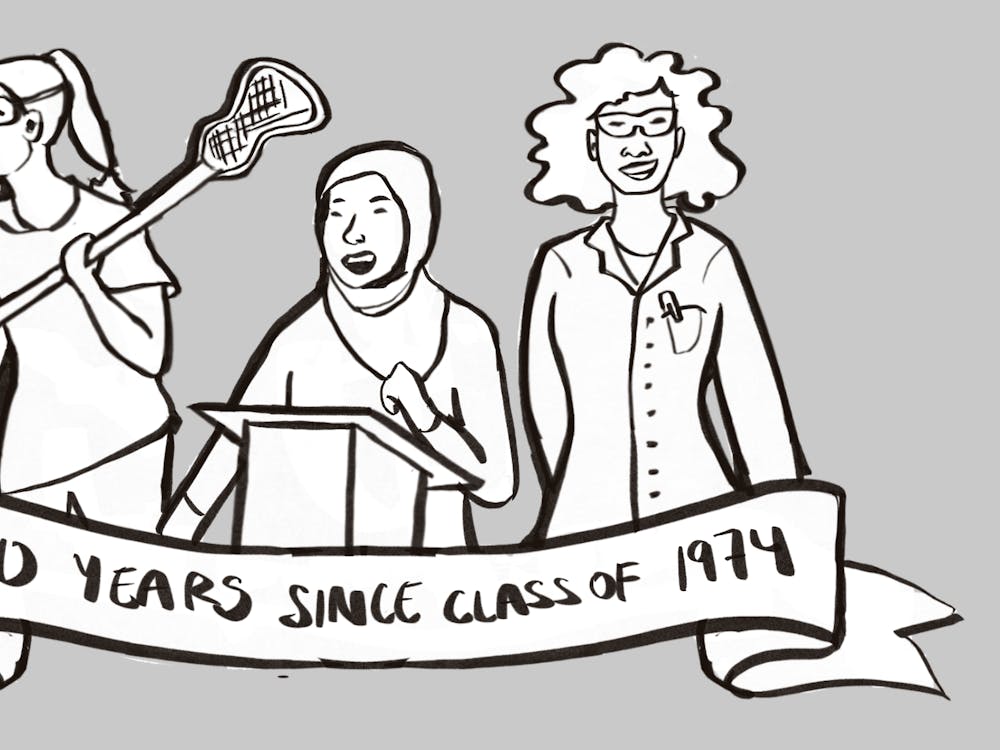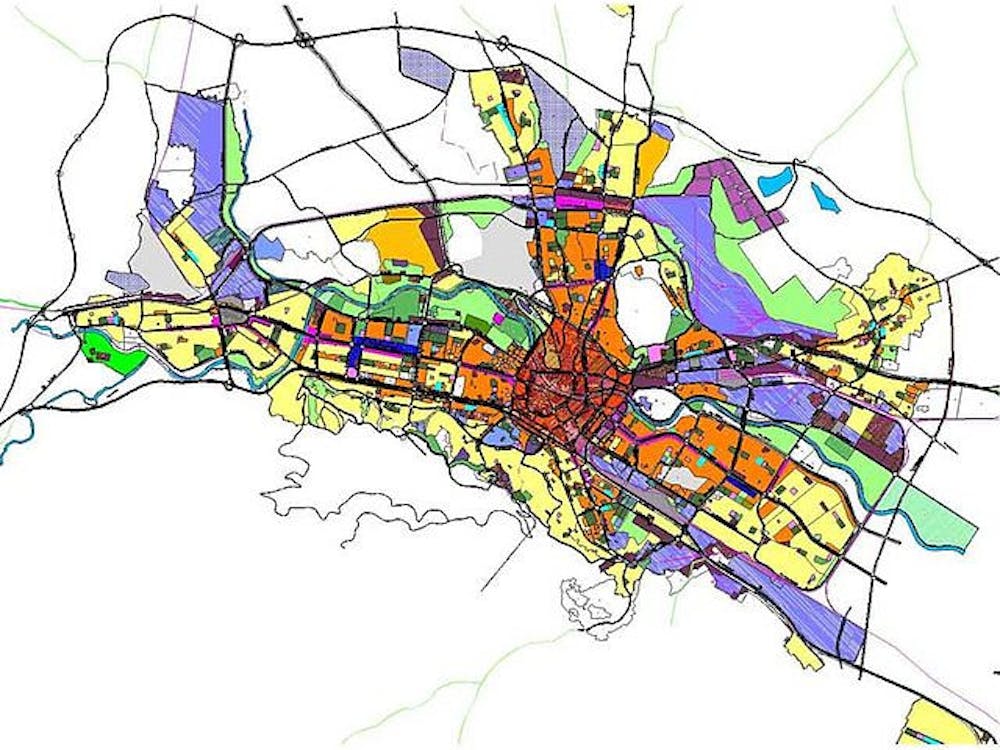For those with criminal records, seeking access to higher education can often seem pointless. The obligation to report any past convictions on college and graduate school applications has discouraged former prisoners who want to better themselves through education.
The Common App, for example, which Hopkins and many other colleges use, requires applicants to disclose if they have ever been convicted of a crime. The Maryland General Assembly, the state legislative body, is currently considering a bill that would eliminate that requirement.
The Maryland Fair Access to Education Act of 2017, part of the larger Ban the Box movement, would require colleges that receive any state funding, including Hopkins, to remove any question which requires potential students with any criminal convictions to disclose them on their applications.
This measure would not bar a university or any institution of higher education from conducting normal background checks on applicants they consider for admission. The purpose of the act is to ensure that applicants with criminal records have the chance to prove their merit before any sort of criminal check occurs.
The Editorial Board believes it is vital that those with a criminal record are not systematically barred from access to higher education. A good education provides an opportunity for socioeconomic advancement and successful reintegration into society following a conviction.
Those with a criminal record already face substantial discrimination within the housing and job markets; They shouldn’t face it in education too. Additionally, this bill would help counteract the harmful ramifications of the so-called “War on Drugs,” which has led to the disproportionate conviction of black and Hispanic youths for drug related crimes. The box therefore disproportionately affects the same minority groups that Hopkins claims it wants to support.
The box has dissuaded ambitious former prisoners convicted of petty crimes, like marijuana possession, from applying to college. The box treats convictions for violent crimes and petty drug possession with the same weight. For example, it is unfair to prevent those convicted of minor drug possession from attending college for the same offense that many students themselves commit regularly without punishment.
Today, a college education is becoming increasingly necessary to gain meaningful employment, and categorically denying this to former inmates threatens their future prospects.
The first step to receiving that education, though, is the application, and the Editorial Board recognizes that many potential applicants know that the information they disclose will make their acceptance less likely. The removal of the box from applications could make them feel more welcome and accepted in the college admissions process.
The mistakes that former criminals made years ago should not outrightly inhibit their education, and they should not be deprived of economic mobility because of a minor offense they committed in their youth.
It is unclear how the box could be removed from the nationwide Common App if the new policy only applies to Maryland colleges. But we are confident that Hopkins and other institutions will come to an adequate solution if the bill passes.
The Editorial Board commends the University’s continuing efforts to hire former convicts and believes this bill would support their advancement and reintegration. We also stand with the members of the Johns Hopkins Jail Tutorial Project who have voiced their support for the measure.
Our criminal justice system should be striving to rehabilitate lives, not permanently destroy them. Wider societal changes are necessary to make this vision a reality. But the passage of the Fair Access to Education Act would be an excellent start toward this future.






















Please note All comments are eligible for publication in The News-Letter.